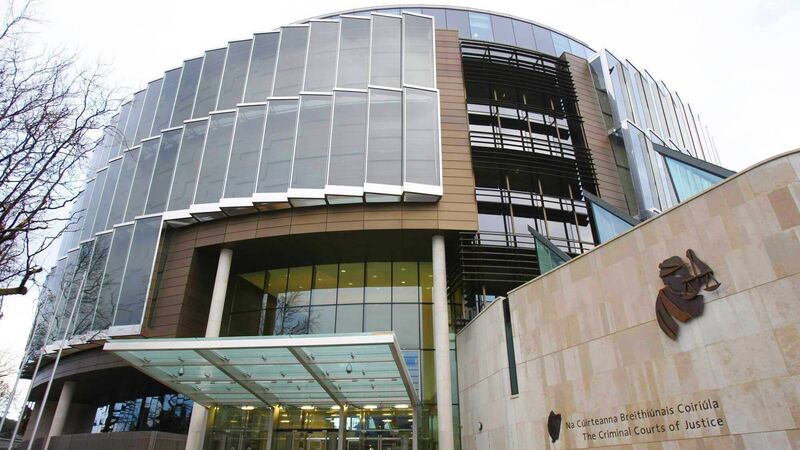Cork man appeals conviction for sexually abusing teenage sister-in-law over prejudice about temper

Counsel for the DPP said the defence argument was that 'an accused person, whom the jury know has beaten his wife to the extent that he has broken her ribs, can’t get a fair trial because the jury know he has a bad temper'. File photo
A 61-year-old Cork man who repeatedly sexually abused his teenage sister-in-law has appealed his conviction, arguing that evidence about his temper had a “catastrophic effect” by creating undue prejudice against him.
The man’s lawyers argued evidence given by witnesses about Barry McDonagh’s temper was “irrelevant” and “highly prejudicial”.














